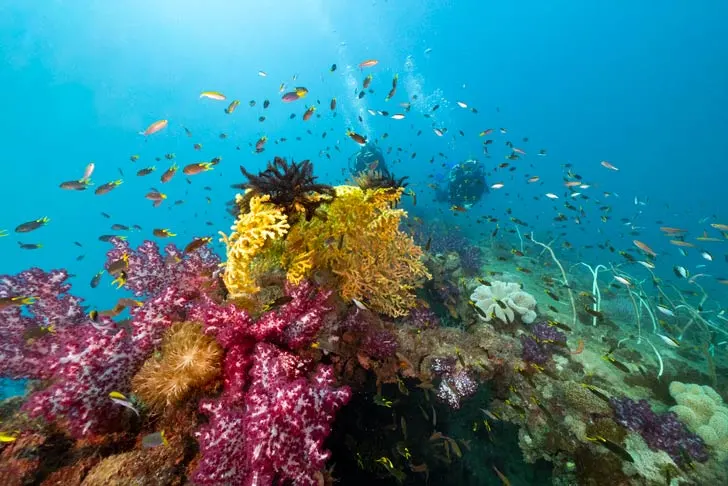Healing Coral Reefs: From Medical Research to Coral Triage
Theresa Fyffe, once a medical researcher, is now leading a revolutionary effort to save the Great Barrier Reef through what she calls “coral triage.” As executive director of the Great Barrier Reef Foundation, she applies lessons from medicine to coral conservation—offering treatments to buy time while the broader fight against climate change continues.
Half of the world’s coral reefs have vanished due to warming oceans, and by 2050, up to 90% could be gone. Coral polyps, the tiny architects of reefs, bleach and starve when temperatures rise too high, but they’re not dead yet—if given a chance, they can recover.
The foundation’s breakthrough lies in scaling up coral restoration. Over five years, 350 Australian scientists developed automated technologies to produce millions of heat-tolerant baby corals, growing them in “micro nurseries” and planting them en masse using ceramic cradles. This method is faster, cheaper, and far more scalable than traditional coral gardening.
By strategically restoring key reefs connected by ocean currents, they aim to repopulate entire ecosystems—restoring as little as 3% of reefs could revitalize half the region.
Importantly, the Foundation partners closely with saltwater First Nations communities, blending modern science with ancient ocean knowledge. Indigenous rangers are trained to manage nurseries, ensuring the work is locally owned and culturally grounded.
Fyffe acknowledges the ultimate cure is slowing climate change, but her team’s work offers hope and resilience now: “If the corals haven’t given up, how can we?”
